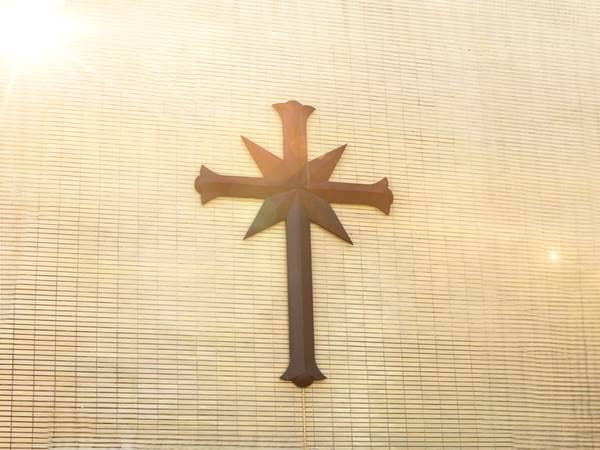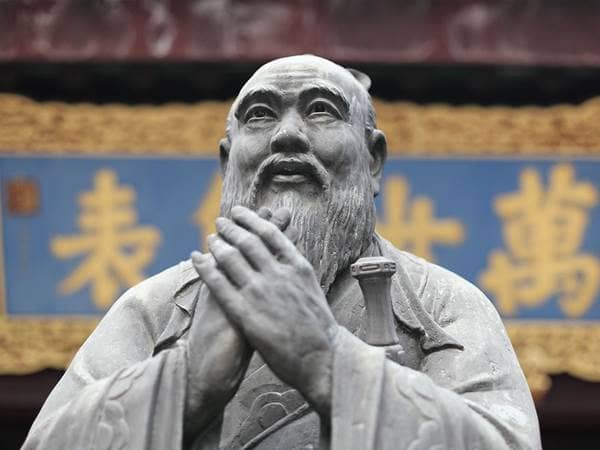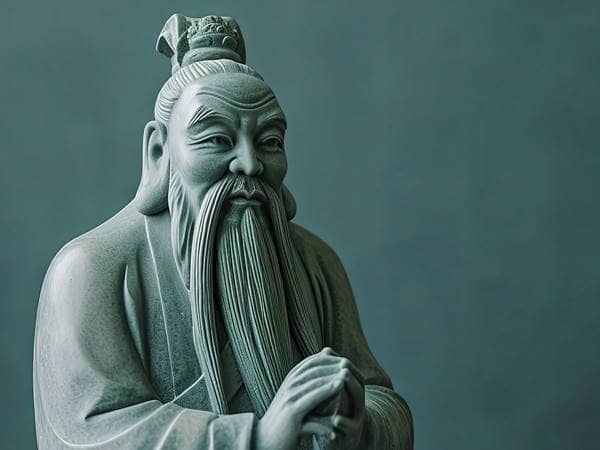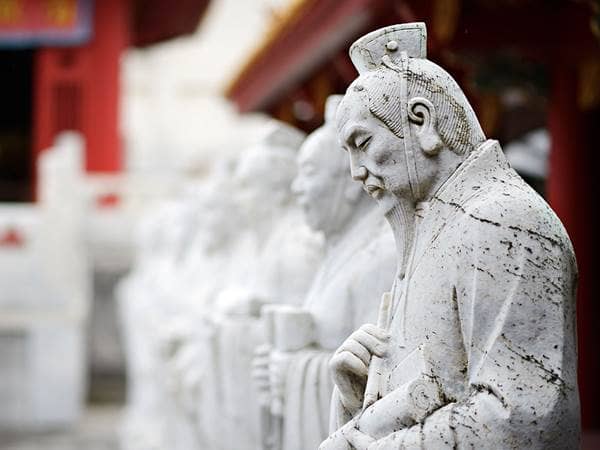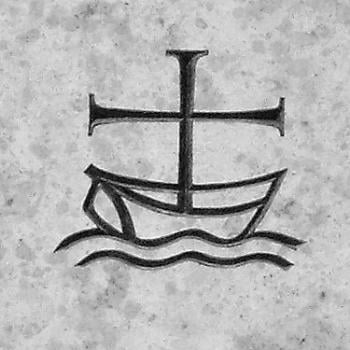
Founded in Iran (in 1863), the Baháʼí faith broke off of the Shia Islamic tradition and, as a result, shares some beliefs and practices with that faith tradition. However, in many of their doctrines and habits, these two once-connected traditions are very different from each other. Indeed, though Baháʼí does not perceive Islam as an “apostate” or “heretical” religion, many Muslims would certainly see Baháʼí as having strayed from the truths revealed through the Prophet Muhammad.
As a matter of practicality, Baháʼís living in various parts of the world acknowledge local and international calendars. However, like Jews and Muslims (who have their own religious calendars), the Baháʼí faith has a separate calendar for religious commemorations; one that consists of 19 months, each having 19 days. All their nineteen months are named after one of God’s attributes. So, for example, the month of Jamal reminds us of God’s beauty (because Jamal means literally “beauty”), the month of Rahmat reminds us of God’s mercy (Rahmat meaning “mercy”), the month of Nur reminds us of God’s light, and so forth. Thus, each month has a sacred meaning, and each reminds us of the importance of both God’s nature and the divine attributes—which we should seek to emulate.
Baháʼu'lláh (who founded the Baháʼí faith) rejected polytheistic and even trinitarian views of God. As in Islam, he believed that there was only one God—whom he described as being of a “different” nature than human beings. He also held that God was ultimately beyond comprehension.
Thus, while Baháʼu'lláh believed God was omnipotent, omniscience, and omnipresent (as many religions do), he held that we could only have an understanding of and relationship with God through His qualities, such as compassion, generosity, kindness, justice, love, majesty, mercy, patience, and self-subsistence.
It is the teaching of the Baháʼí faith that all things reflect the attributes of God and humans can know and have a relationship with Him only through developing and reflecting His divine attributes. Thus, the 19 months of the Baháʼí calendar remind us of what those attributes are and what we must seek to become.
Alá is the last (or 19th) month in the Baháʼí calendar year. Alá means “loftiness,” and highlights one of the important attributes of God. As in Islam, with their month of Ramadan, Baháʼís fast during their month of Alá (which spans March 2nd through March 20th).
During this month, Baháʼí’s refrain from the consumption of food or drink during daylight hours. They begin their fast at sunrise (though they are allowed to eat and drink prior to that), and they conclude it after sundown.
Of course, those who are children, elderly, ill, pregnant, nursing, or participating in strenuous labor are granted an exemption from the month-long fast. However, even if one is unable to fast for the 19 days of Alá, one should still engage in prayer and efforts at detachment (so that some measure of spiritual development is achieved, in spite of one’s inability to fast).
The reason those of the Baháʼí faith fast is really no different than its purpose in other religions traditions. Most faith traditions believe that practitioners should put their bodies in subjection to their spirits (or “souls”). Most teach that some measure of “overcoming the world” is an important part of the purpose of life. Baháʼí is no different in this regard.
While the Baháʼí faith teaches that life is to be enjoyed, it also emphasizes that we must do so in a spirit of moderation and with an effort at overcoming addictions and developing a measure of detachment.
As one fasts, one not only breaks the addictions and dependencies we all struggle with (as finite beings), but one also has the ability to begin to develop more holy, godlike attributes. Doing so, according to Baháʼí teaching, enables one to have both an understanding of who God is and a relationship with the divine.
5/3/2024 5:26:42 PM

